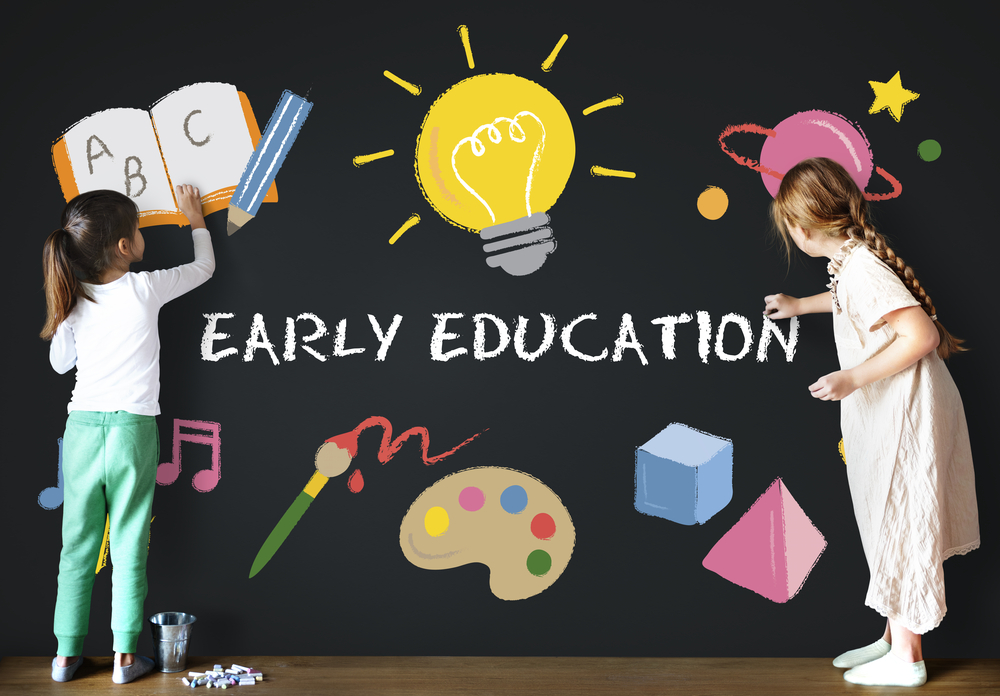Importance of Parent Education Initiatives
Parent education programs are vital for modern families, offering tailored guidance to improve child-rearing practices. From general skill development to at-risk family support, these initiatives foster positive parent-child relationships, enhance child safety, and promote better educational outcomes. They adapt to societal changes, ensuring parents are well-equipped to navigate contemporary parenting challenges effectively. Participation in such programs leads to healthier families and brighter futures for children.

Understanding the Significance of Parent Education Programs
Many question whether parenting skills are innate or require external guidance. However, support for parents has always been essential, now formalized through dedicated classes and programs.
Evolution of Parenting Support and Modern Challenges
In the past, extended families, neighbors, and communities provided vital assistance to new parents, sharing childcare knowledge. Today, these support networks have diminished, leaving parents more isolated.
Factors like the rise of nuclear and single-parent households, reduced familial contact, increased work commitments, technological advances, social shifts, and safety concerns have created new parenting complexities that demand updated strategies.
Special groups facing additional challenges include families with financial hardships, substance abuse issues, or child maltreatment cases, requiring targeted intervention.
Categories of Parent Education Programs
Programs are generally classified into three main types based on the audience:
Primary: Aimed at the general population, these initiatives promote effective parenting skills and emphasize active parental involvement in children’s education. Participation is typically voluntary.
Secondary: Targeting parents of children at risk for neglect or abuse, these programs address specific behavioral challenges. They encourage parental self-reflection and may be recommended by courts.
Tertiary: Designed for parents with a history of abuse, addiction, or incarceration, these programs focus on helping parents rebuild healthy child-rearing practices. Such participation is often court-mandated.
Shared Goals of Parent Education
Across all levels, programs aim to enhance parenting knowledge, including child development, effective communication, positive discipline, and setting appropriate boundaries. They also emphasize parental involvement in education and realistic expectations, promoting balanced routines with play and learning. Studies show involved parents contribute to better academic outcomes and fewer behavioral issues. Overall, parent education supports responsible caregiving and safer environments for children.
Note:
Our blog offers diverse, practical insights into various topics. While our research aims to provide valuable information, readers should consider articles as informational rather than definitive. We cannot guarantee data accuracy or coverage of all available programs or offers. Use this information thoughtfully for personal guidance.










